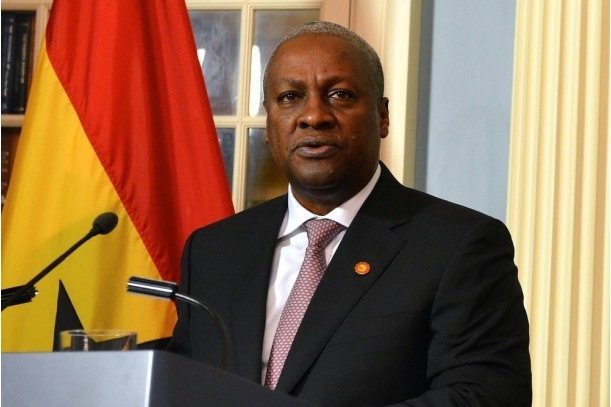Ghana, long hailed as a stable democracy in West Africa, is increasingly witnessing murmurs of tribal and regional discontent. From renewed tensions in Bawku between Mamprusi and Kusasi, to clashes in parts of the Savanna region, and even the simmering unease between Asantes and Dormaa in the Bono enclave, questions are emerging about whether the country’s current unitary system can effectively manage its diversity.
At the heart of these debates lie two sensitive issues: language and resource distribution. More than 80 percent of Ghanaians can speak and understand Asante Twi, an Akan dialect widely used in schools, churches, marketplaces, and even in national politics. Yet, strong tribal sentiments have blocked its consideration as a national language, with critics arguing that elevating Akan would sideline other linguistic groups such as the Ewe, Ga, Dagbani, and Gonja.
On the flip side, resources extracted from certain regions are often channeled into developing others. This imbalance, some argue, has fueled perceptions of neglect and unfairness. For example, communities whose resources sustain the national economy sometimes feel excluded when cultural and linguistic symbols from other groups dominate national platforms.
This raises a bigger question: could Ghana benefit from adopting a federal system of governance?
Proponents believe federalism could grant regions greater autonomy in managing their own resources, preserving culture, and developing local policies that reflect their realities. Such a system, they argue, could reduce tribal friction, foster accountability, and ease pressure on central government.
Opponents, however, fear federalism could deepen ethnic divides, encourage secessionist tendencies, and weaken the cohesion that has made Ghana a model of peace in the subregion. They caution that empowering regions along ethnic lines might institutionalize divisions instead of healing them.
Still, as tribal disputes flare and cultural debates intensify, the call for federalism is gaining a fresh hearing among citizens, academics, and civil society groups.
The question now rests with the people: Would federalism safeguard Ghana’s unity in diversity, or would it risk fracturing the nation further?
We at Amnewsworld invite readers to share their views on this crucial debate. Should Ghana remain a unitary state, or is it time to seriously consider a federal system of governance?


